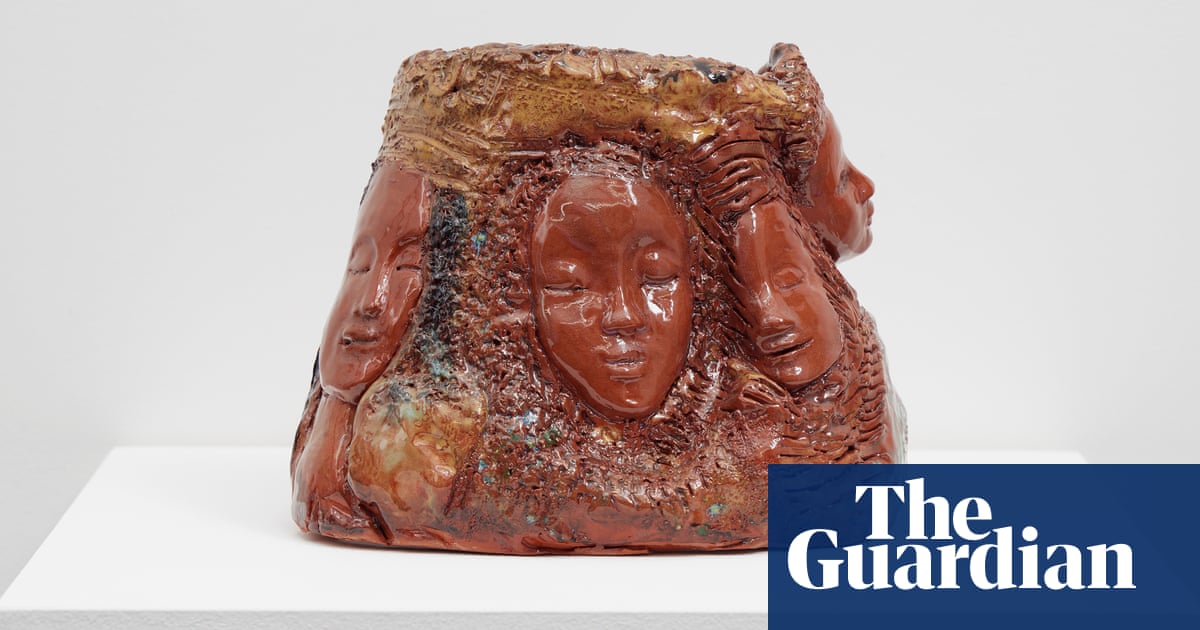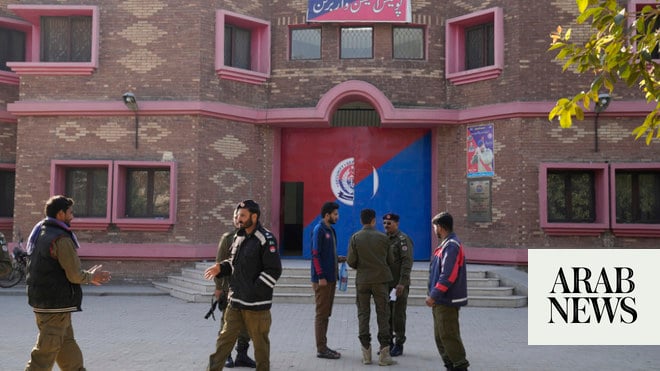
CAPE TOWN, Dec 28 (Reuters) - As South Africa celebrated the life of anti-apartheid hero Archbishop Desmond Tutu, who died on Sunday, one of his daughters recalled the day he saved a young man from being burned alive by an angry mob as one of her proudest memories.
In 1985, the country was in a state of emergency as banned liberation parties, including the now ruling African National Congress, sought to ratchet up political pressure and overthrow white-minority rule.
At a funeral in July of that year on the outskirts of Johannesburg, archived video footage shows Tutu, clearly visible in his purple clerical robes, stepping in to push back against angry young mourners who were beating and kicking a defenceless man curled up in the foetal position on the dusty ground.
Accused of being an apartheid collaborator, the man is doused with petrol and is moments away from being "necklaced" - the term used to describe having a tyre placed around your neck, doused with flammable liquid and then set alight. The intervention of Tutu and other clergy save the man.
"To see that and to see him going in. There were so many things striking about it," Nontombi Naomi Tutu, one of four of Tutu"s children, told Reuters outside the family home in Cape Town.
Nontombi Naomi Tutu speaks to Reuters about the death and legacy of her father Archbishop Emeritus Desmond Tutu, outside the Tutu family residence in Cape Town, South Africa, December 28, 2021. REUTERS/ Sumaya Hisham
Mourners pay their respects to the late Archishop Desmond Tutu outside St Georges cathedral in Cape Town, South Africa, December 28, 2021. REUTERS/Mike Hutchings
Nontombi Naomi Tutu speaks to Reuters about the death and legacy of her father Archbishop Emeritus Desmond Tutu, outside the Tutu family residence in Cape Town, South Africa, December 28, 2021. REUTERS/ Sumaya Hisham
1/3
Mourners pay their respects to the late Archishop Desmond Tutu outside St Georges cathedral in Cape Town, South Africa, December 28, 2021. REUTERS/Mike Hutchings
"One was that he had the courage to go into the crowd and say: "No, this is not how we do it." But, the other is that those young people listened ... There was still that respect for Daddy and the other clergy ... That is my proudest moment, that whenever I think what made me proud of Daddy that is the thing that I always go to," she said.
Tutu used the pulpit to preach against the repressive white-minority regime in South Africa, which came to an end in the 1990s, and regularly spoke at the funerals of young activists killed by the state"s security apparatus.
Nontombi, 61, a reverend herself and who bears a striking resemblance to her larger-than-life father, also fondly remembered family road trips from Alice in the Eastern Cape to Swaziland where she and her three siblings attended school.
"He was a regular father. The one thing I have to say, as much as Ma was the disciplinarian, it was when Daddy would say something like: ‘I am so disappointed’. That hit, it was really hard and that was what we never wanted, to disappoint Daddy, because it took so much to disappoint him," Nontombi said.
To accommodate mourners wishing to visit St George’s Cathedral to pay their final respects, Tutu"s remains will lie in state at the cathedral for an extra day on Thursday, in addition to Friday, a statement from the Desmond & Leah Tutu Legacy Foundation said.
The archbishop, who didn"t want any lavish spending and requested the cheapest coffin available, will be cremated privately and his ashes interred in the cathedral, the Foundation added.












